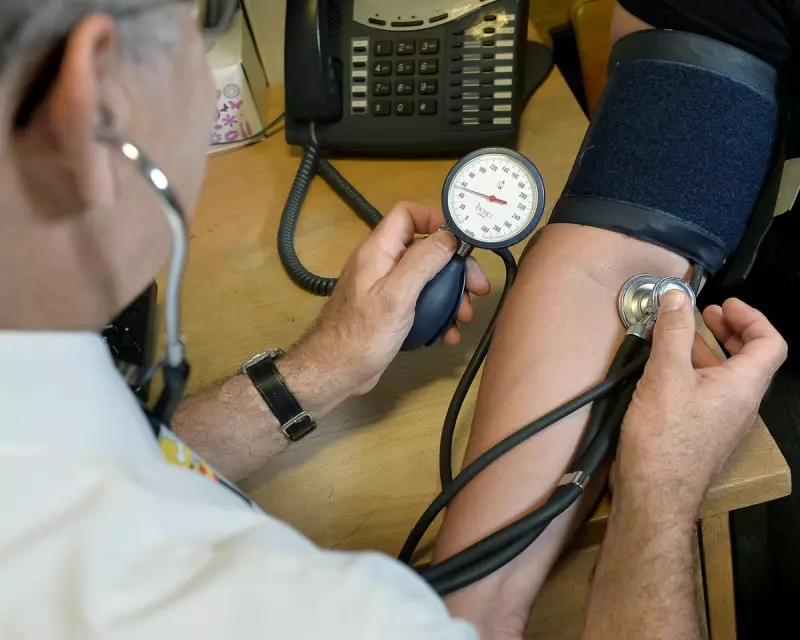
A damning new report has uncovered systemic failures in the treatment of polycystic ovary syndrome (PCOS) across the UK, leaving thousands of women suffering from delayed diagnoses, inadequate care, and widespread misinformation.
The comprehensive review, which examined healthcare provision for the common hormonal condition, reveals that women are frequently waiting years for a proper diagnosis and face a "postcode lottery" of treatment options. Many report being dismissed by healthcare professionals who lack specific training in managing the complex condition.
What is PCOS and why does it matter?
Polycystic ovary syndrome affects approximately one in ten women in the UK, making it the most prevalent endocrine disorder among women of reproductive age. The condition manifests through a variety of symptoms including irregular periods, excessive hair growth, weight gain, and fertility challenges. Beyond the physical symptoms, PCOS significantly increases the risk of developing mental health issues, type 2 diabetes, and cardiovascular problems.
Key findings from the report
The investigation uncovered several critical areas of concern:
- Women typically experience waiting times of over two years between first seeking help and receiving a formal diagnosis
- There is a severe shortage of dedicated PCOS clinics and specialist healthcare professionals
- Many patients report being "fobbed off" with contraception pills rather than receiving comprehensive care plans
- Mental health support for the psychological impact of PCOS is virtually non-existent in most regions
- Post-diagnosis support and long-term management strategies are inadequate across the board
The human cost of clinical neglect
Behind these statistics lie countless stories of women whose lives have been profoundly affected by the healthcare system's failure to address their condition properly. Many describe years of confusion and suffering without understanding the cause of their symptoms, while others have faced devastating impacts on their fertility and mental wellbeing due to delayed intervention.
The report emphasises that these failures represent not just clinical negligence but also a significant gender health gap that has persisted despite increasing awareness of women's health issues.
Calls for urgent reform
Healthcare advocates and patient groups are demanding immediate action based on the report's findings. Key recommendations include:
- Establishing specialised PCOS clinics in every region to end the postcode lottery
- Implementing mandatory training for GPs on recognizing and managing the condition
- Developing comprehensive care pathways that address both physical and mental health aspects
- Increasing investment in research to improve treatment options and understanding of the condition
- Creating national guidelines to standardise diagnosis and treatment protocols across the UK
The Department of Health and Social Care has acknowledged the report and stated that improving women's health outcomes remains a priority, though specific actions addressing the PCOS care crisis have yet to be detailed.





